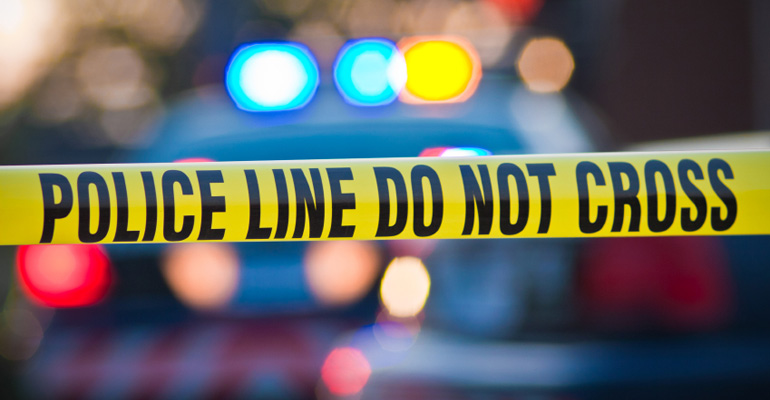-

We don't take the easy way out
We defend New York DWI charges, our goal is to get them dismissed or weakened
-

Jonathan Kaye is a former prosecutor
He knows the system and the best course of action to take
-

The right New York DWI lawyer
Over 25 years of experience focusing on criminal cases such as DWI

